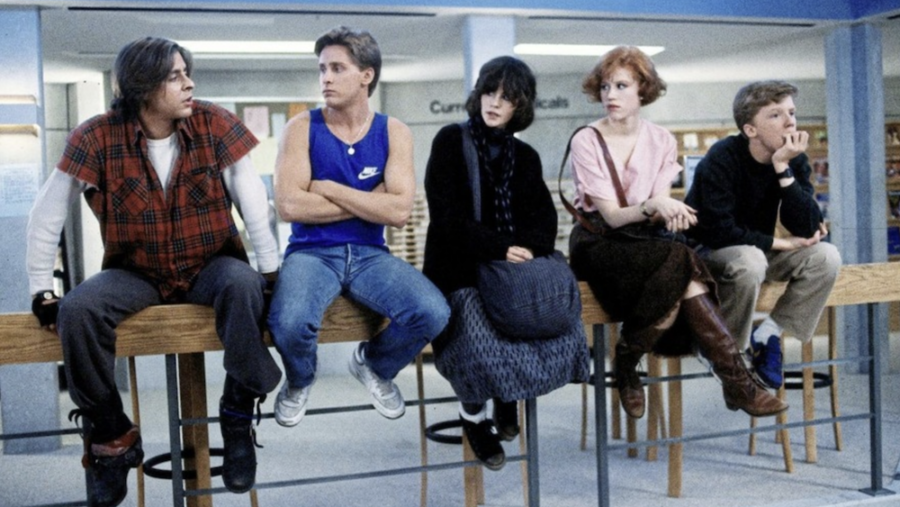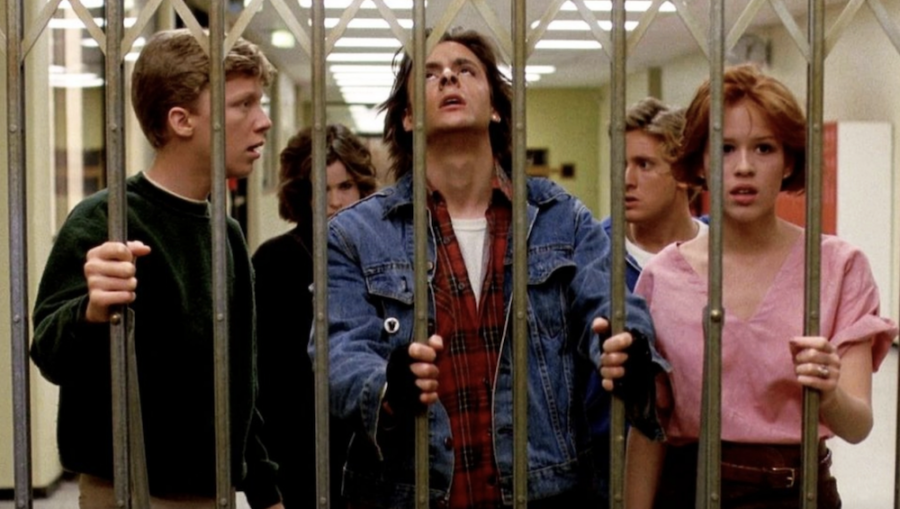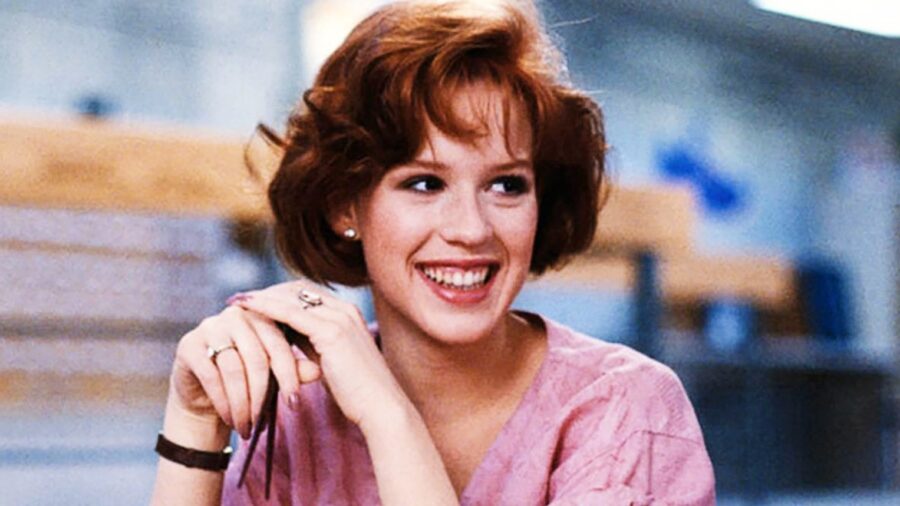The Breakfast Club, A Must-See Classic, Is On Netflix Right Now
The Breakfast Club is streaming on Netflix.

In the 1980s, John Hughes was pretty much the king of the teen movie genre. He brought us Sixteen Candles, Ferris Bueller’s Day Off, and possibly his most famous film ever, The Breakfast Club. Now, fans of The Breakfast Club (and those poor souls who have never seen this classic movie) can watch this John Hughes treasure over and over again as it is currently available to watch on Netflix.
In 1985, director John Hughes brought us a cinematic gem that continues to captivate audiences to this day—The Breakfast Club. This iconic teen coming-of-age comedy-drama explores the struggles and triumphs of five diverse high school students during a Saturday detention. With a stellar cast and a poignant narrative, the film quickly became a cultural phenomenon that was single-handedly written, produced, and directed by Hughes himself.
Who knows if Hughes knew that he was creating what would become the epitome of teen movies when he selected what would soon become the iconic cast of The Breakfast Club. He handpicked a cast that included Emilio Estevez, Paul Gleason, Anthony Michael Hall, Judd Nelson, Molly Ringwald, and Ally Sheedy. A year earlier, Hughes had already worked with Ringwald and Hall when the pair starred together in Sixteen Candles, another of Hughes’ delightful classics if lesser known to audiences today.

It took a bit of shapeshifting and remodeling to find the perfect roles for each cast member in The Breakfast Club. Estevez was initially cast as John Bender, the “criminal,” but ended up portraying Andrew Clark, the “athlete,” while Judd Nelson became the embodiment of the rebellious character of Bender. Meanwhile, Molly Ringwald was the perfect casting choice for Claire the “princess,” while Ally Sheedy is simply iconic as Allison the “basketcase,” and no one could imagine anyone better to play Brian the “brain” than Anthony Michael Hall.
The Breakfast Club filming took place at Maine North High School in Des Plaines, Illinois, and the library scenes were constructed on a larger set in the school’s gymnasium. Despite initial skepticism, Hughes’s vision and the film’s modest budget of $1 million led to a remarkable production that would end up bringing in more than 5,000 percent of the film’s budget at the box office.
Set on March 24, 1984, The Breakfast Club follows five students with contrasting personalities who are forced to endure Saturday detention together. Through a series of interactions and conversations, the film explores themes of identity, social pressure, and the struggles of adolescence. Each character represents a different high school archetype—the brain, the athlete, the basket case, the princess, and the criminal. As they spend the day together, they break down their stereotypes and discover common ground, forming unlikely connections.
Overall, The Breakfast Club highlights the universal challenges faced by teenagers and their yearning for acceptance and understanding.
The Breakfast Club premiered in Los Angeles on February 7, 1985, and received a theatrical release by Universal Pictures on February 15, 1985. Despite its modest budget, the film became a box office success, grossing $51.5 million—an amount that would be worth $145.5 million today, the same that major Blockbuster successes like Jurassic World Dominion have made at the box office.

Critics praised the movie for its realistic and relatable portrayal of teenage life and the standout performances of the cast. Roger Ebert commended the performances as “wonderful,” and Gene Siskel lauded the film’s ability to capture the essence of teenage dialogue. The media dubbed the film’s main actors as the “Brat Pack,” further solidifying its cultural impact for generations to come.
The Breakfast Club‘s impact on popular culture has been immeasurable. Its honest and empathetic portrayal of teenage struggles resonated with audiences in the 1980s and also resonates with teenagers now, almost 40 years later. Visual aspects from the movie like the film’s iconic poster, featuring the five main characters huddled together, or like Bender punching his arm in the air as he crosses the football field while Simple Minds’ “Don’t You (Forget About Me)” plays in the background, have become enduring symbols of teenage camaraderie and rebellion.
In 2016, The Breakfast Club was selected for preservation in the United States National Film Registry by the Library of Congress for its cultural, historical, and aesthetic significance. Additionally, John Hughes has one other film that has been selected for preservation by the Library of Congress—Ferris Bueller’s Day Off, another iconic teen movie.
The Breakfast Club‘s enduring legacy can be seen in its influence on subsequent teen films and television shows. Its exploration of diverse personalities and the dismantling of social stereotypes has inspired countless coming-of-age stories. It’s a timeless classic that has captivated audiences for decades and is well deserving of its spot in Netflix’s updated catalog of films.












